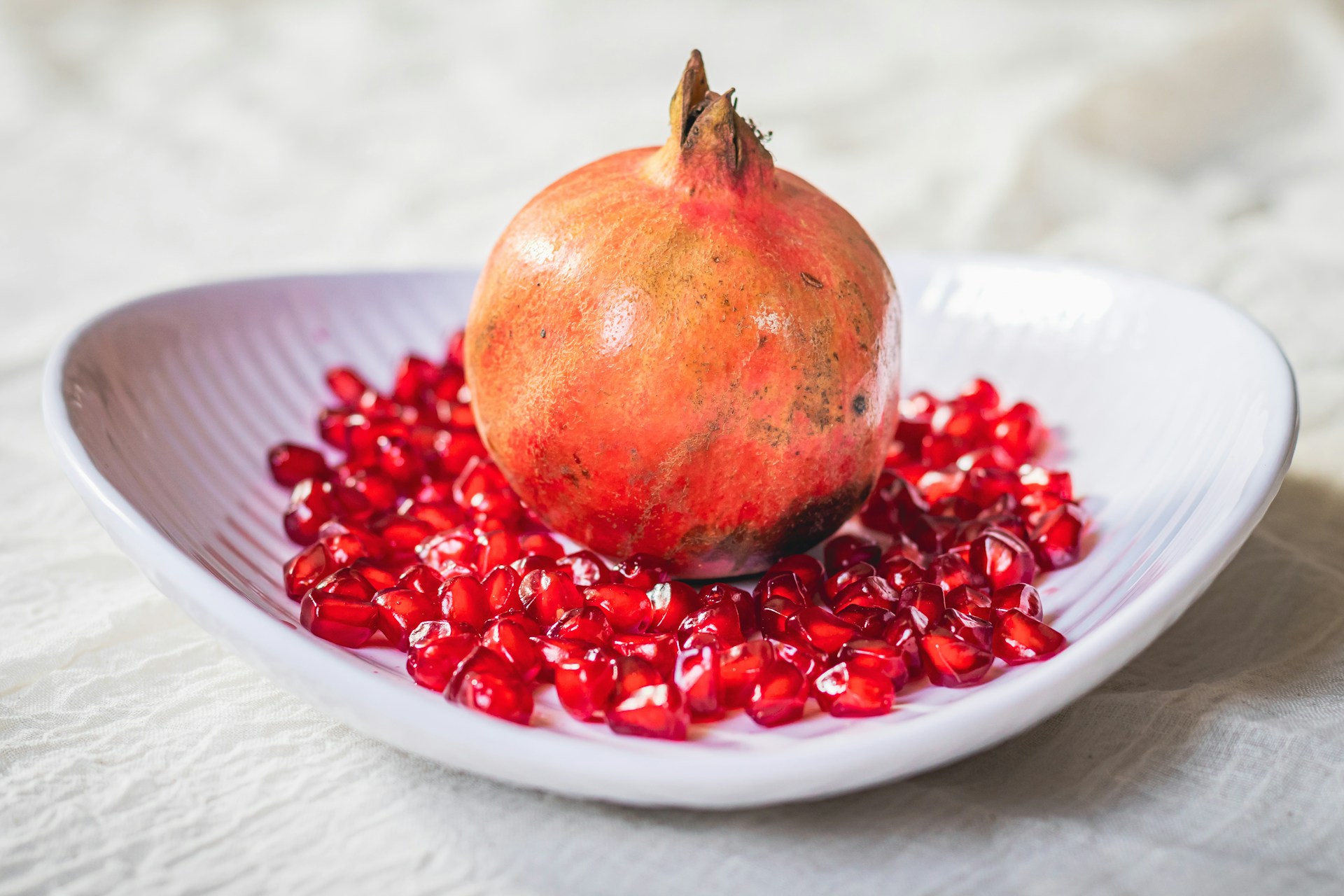Vitamin D Facts and What it Can do For Your Health
Liposoluble. It is obtained through sunlight or food. Ultraviolet sun rays act on the oils in the skin producing this vitamin, which is then absorbed in the body. When taken orally, vitamin D is absorbed with fat across the wall of the intestine. It is measured in international units (IU) or micrograms of cholecalciferol (mcg). The daily requirement for adults is 400 IU or 5-10 mcg. Smog weakens the sun’s rays which produce vitamin D. When the skin tans from the sun, the production of vitamin D through the skin stops.
What Vitamin D Can Do For You
- It fully utilizes calcium and phosphorus, which are necessary for strong bones and teeth.
- When taken with vitamins A and C, it can help prevent colds.
- Helps in the treatment of conjunctivitis.
- Supports the assimilation of vitamin A.
Diseases Caused by Lack of Vitamin D:
- Rickets, severe tooth bleeding, softening of bones, senile osteoporosis.
Best Natural Sources of Vitamin D:
- Fish oil, sardines, herring, salmon, tuna, milk and milk products, egg yolks.

Toxicity:
A dose of 25,000 IU per day over a long period can produce toxic effects in adults. Doses of over 5000 IU per day may have a harmful effect on some people. Signs of toxicity are unusual thirst, pain in the eyes, itchy skin, vomiting, diarrhea, the urge to urinate, and abnormal deposition of calcium on the walls of blood vessels, in the liver, lungs, kidneys, and stomach.
Enemies of vitamin D:
- Mineral oils
- Smog
Personal Advice
City dwellers, especially those in areas with high smog density, need to take more vitamin D. Those who work at night, whose clothes or lifestyle shield them from the sun, should increase the amount of vitamin D in their diet. If you are taking an anti-convulsant medicine, you should probably increase your vitamin D intake. Children who do not drink milk with added vitamin D should take more vitamin D. Dark-skinned people who live in more northern climatic areas usually need an increased amount of vitamin D. Vitamin D works best with vitamin A, vitamin C, choline, calcium, and phosphorus.














Post Comment